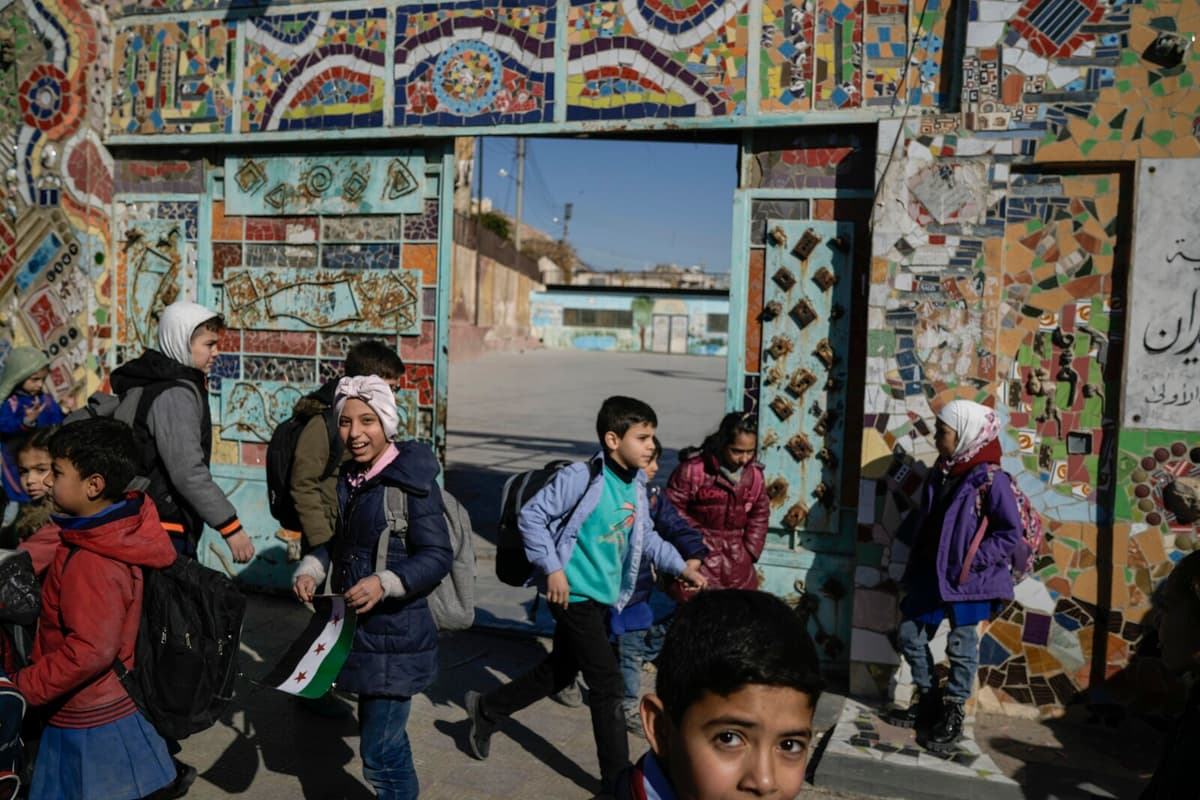On Thursday, hundreds of people gathered on Umayyad Square in Syria's capital Damascus to take a stand for democratic development that includes women.
The demonstration is the first major one to be held in the country since dictator Bashar al-Assad was overthrown by Islamist-led rebel forces that have set up a new transitional government.
On the square, the crowd chanted slogans against a religious government and for democracy.
We stand here today to peacefully safeguard the progress of the revolution that allows us to stand here in complete freedom, said 48-year-old demonstrator Ayham Hamsho, a protest maker, to AFP.
Balanced statements
The news agency's correspondent notes that several armed rebel soldiers were walking around nearby. One of them took the microphone at one point and proclaimed that the revolution had been achieved through military power, whereupon many interrupted him with slogans against military rule.
The interim government is led by the at least previously extreme Islamist group Hayat Tahrir al-Sham (HTS). It has sought to distance itself from its origins in the terrorist organization al-Qaeda and has led a conservative government on rebel-controlled areas in northwestern Syria.
The HTS leadership has assured in interviews with Western media that the war-torn country will be governed in an inclusive and tolerant manner, with all its ethnic groups and religions.
Talked about biology
Girls will also continue to go to school, says the newly appointed Education Minister Nazir Mohammed al-Qadri in an interview with Reuters.
The right to education is not reserved for one gender, says the minister, who claims that there will not be major changes in the education system.
A few days ago, the interim government's spokesperson Obaida Arnaout reinforced many people's concerns when he said it was too early to talk about whether women should hold positions of power in the new Syria. He said that one needs to take into account women's "biological composition" - and questioned whether it is suitable for them to have influence in, for example, military matters.






